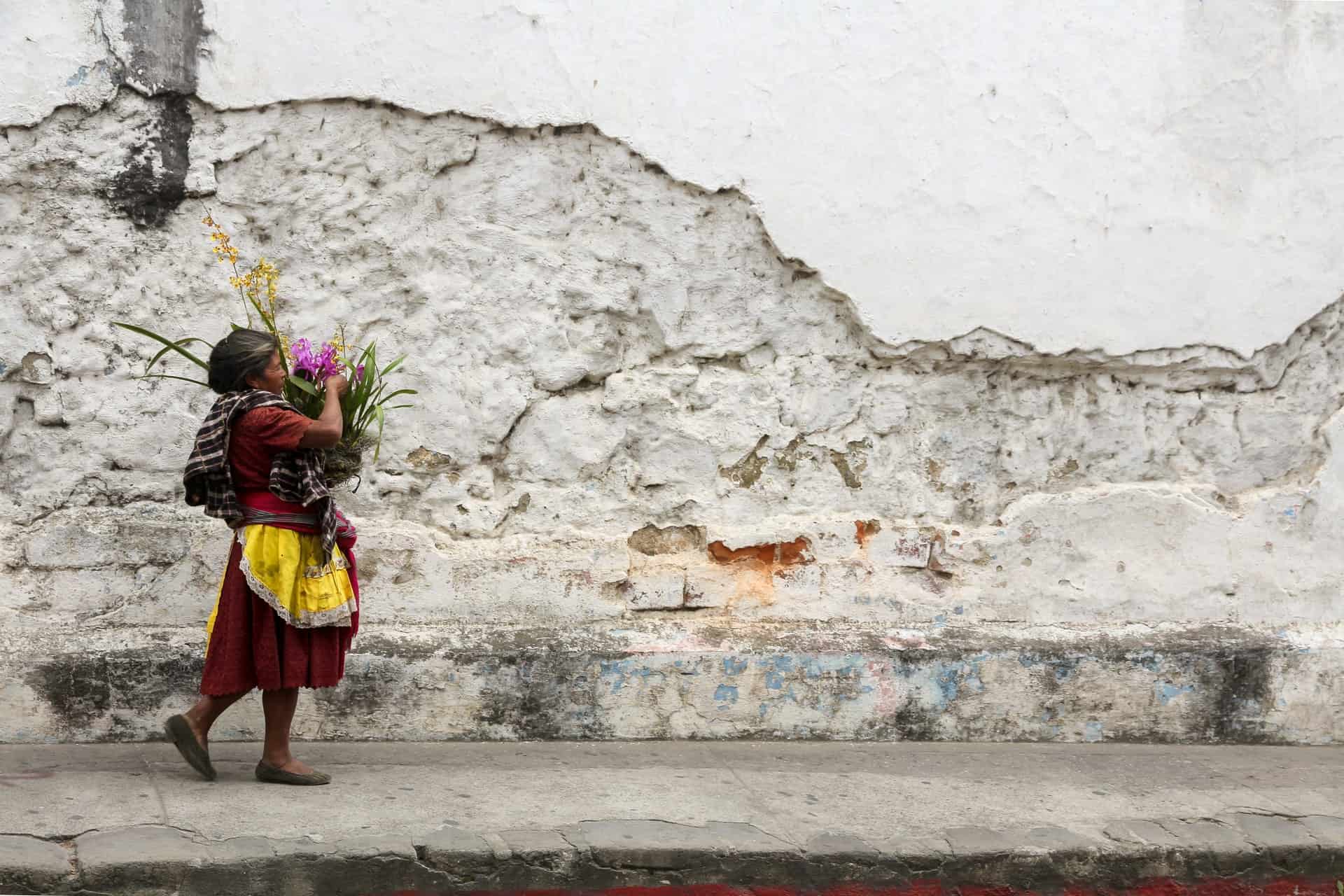Hundreds of indigenous people lifted their blockage of a major road in Guatemala on Tuesday after an agreement was reached for talks to resolve a bloody century-old land dispute.
On Monday, members of the Mayan K’iche group had blocked the Interamericana highway with the caskets of 11 of the 13 victims of a weekend massacre in which four children aged between five and 16 were alleged killed with machetes.
The roadblock was lifted after an agreement among residents who had traveled to Guatemala City to meet government officials to try to start talks over a legal border between two rival communities.
“A dialogue will begin in the first half of January, where the issue of the border will be discussed,” said Mateo Tzep, 42, a community leader from Santa Catarina Ixtahuacan municipality that is in conflict with the neighboring Nahuala.
Although both communities are K’iche, they have been fighting over land — at times violently — for more than 100 years. On Friday night, armed men with “high caliber” weapons ambushed a group of people from Santa Catarina Ixtahuacan who went to the village of Chiquix in Nahuala to pick corn.
The children were cut into pieces and the victims were then burnt inside the truck they were traveling in. A police vehicle was also attacked, leaving one officer dead and two injured.
The Santa Catarina Ixtahuacan community claims those in Nahuala have stolen some of their land. On Monday, President Alejandro Giammattei declared a month-long state of siege in the two communities, which means demonstrations and the right to carry weapons are banned.
“These events are no longer the product of an ancestral land conflict. They are the direct consequence of an illegal armed and organized group that acted against civilians and security forces through an ambush,” said Giammattei.
He vowed to bring the perpetrators to justice. Three men carrying M16 rifles were arrested on Sunday. Authorities said they would carry out forensic tests on the weapons to see if they were used in the massacre.
Protesters had blocked the Interamaericana — one of Guatemala’s main highways, which links the capital to the west — with tires, tree trunks, rocks and concrete blocks.
“We don’t want any more deaths, we don’t want any more violence. We are looking for peace and justice,” said a man at the roadblock who identified himself only as Diego.
Indigenous people, many living in poverty, make up more than 40 percent of Guatemala’s almost 17 million population, according to official statistics.






